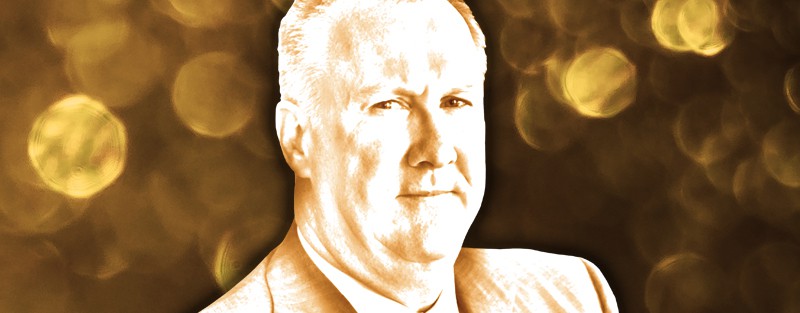Alex Batlin
Founder and Chief Executive Officer,
Trustology
A common criticism levelled at FinTech companies – at least those attempting to transform securities markets – is that while their leadership is packed with exemplary technologists, they are often lacking in redundant banking expertise. It is a deficiency which has come back to haunt a number of promising upstarts. This, however, is not a problem that flusters Alex Batlin, CEO and founder of Trustology, a crypto-custodian, which he established in November 2017 after leaving BNY Mellon where he was the bank’s global blockchain lead.
Prior to BNY Mellon, Batlin was a founding head of UBS’ FinTech Innovation Lab, based in the UK’s Level 39 accelerator, and the bank’s Crypto 2.0 Pathfinder research programme into blockchain technologies. As well as nurturing a number of dynamic FinTechs during his tenure at UBS, Batlin was heavily involved in the bank’s various crypto-asset projects, most notably the rollout of its Utility Settlement Coin (now called Fnality).
“It became clear that as crypto-assets became increasingly ubiquitous, there needed to be an institutional custody solution, which merged cutting edge technology with traditional custody services,” says Batlin.
And for good reason too. Many incumbent crypto-exchanges - which look after private keys to crypto-assets in hot storage - are routinely derided as being the Wild West of capitalism by industry experts. The model – while relatively seamless from a transactional perspective– is insecure and vulnerable to hacking, not to mention totally unregulated. Efforts to introduce cold storage solutions, whereby private keys are safekept offline, do provide a superior level of security to investors but the actual trading and settlement processes are chronically inefficient. Trustology was born with seed money from Consensys, a global blockchain company, and Two Sigma Ventures, an early stage venture capital fund.
“In terms of industry impact, we are developing a custodian wallet for keys. The traditional custody model is excellent at custodying and servicing assets but blockchain is very different. Firstly, there is no need for recordkeeping as it is done on the blockchain, but there is a need for safeguarding and management of the private keys” Batlin comments. “Our service is something of a hybridisation of the cold storage and hot storage models.”
This is enabled through the company’s TrustVault product, which leverages hardware security modules, secure data centres and multiple levels of encryption to mitigate security risks while enabling users to execute transactions through their mobile device or via API integrations, thereby reducing the transactional delays caused by manual processing. Moreover, TrustVault offers its users a segregated account structure with a unique user key per account, eliminating many of the risks long associated with omnibus account set-ups.
Right now, investor attitudes towards crypto-custodians have been clouded by past misbehaviours and perceived security weaknesses at crypto-exchanges. Others are nervous about the absence of balance sheet capital at crypto-custodians vis-à-vis their existing global custodians. “We have digital wallet insurance to protect clients and we are fully compliant with provisions around KYC and anti-money laundering,” says Batlin. As the crypto-custody model increasingly matures, more institutional investors will likely sign up.






























